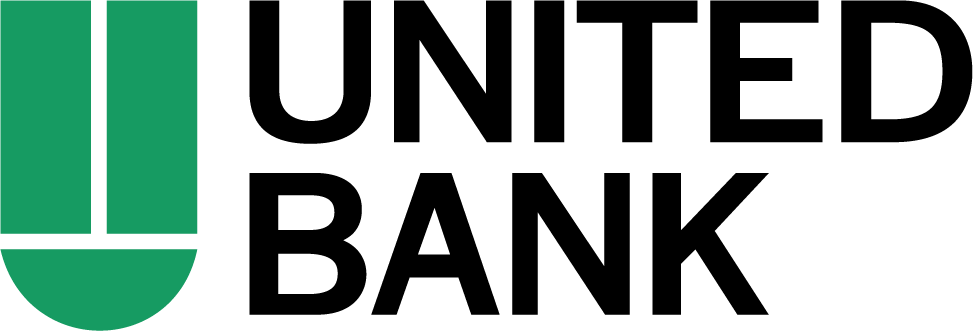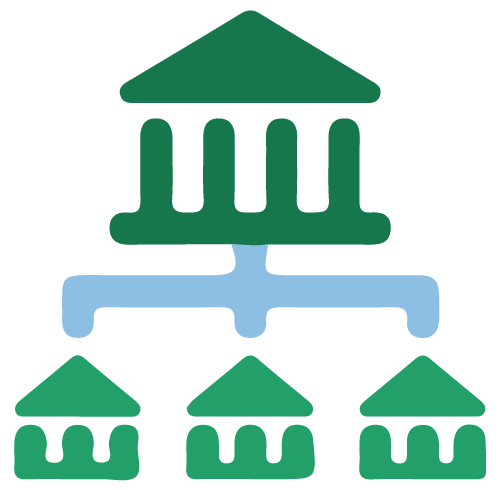Identifying the best mortgage fit for yourself or your family is about more than finding the lowest rate — although a low rate is certainly a desirable perk. When making one of life’s biggest purchases, you’ll also want to consider:
- the best type of loan for your specific needs
- financial strength of your mortgage lender
- the lender’s requirements regarding credit score
- what you can afford as a down payment
Perhaps most important is how knowledgeable, professional and helpful your lender will be as you make your way through the, often-complicated, home-buying process.
To ensure that you’re getting the best fit all around, be sure to consider these 6 questions before you commit to a mortgage lender:





